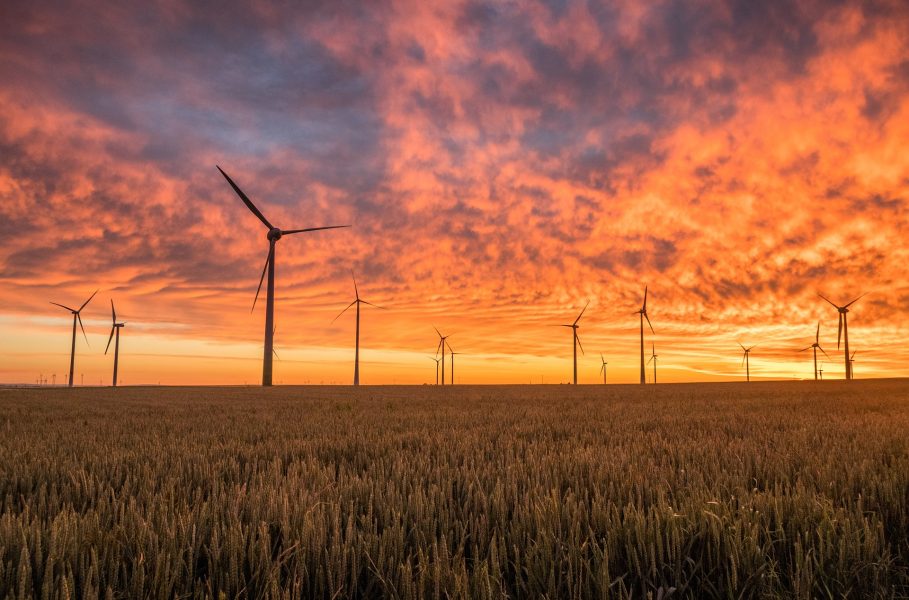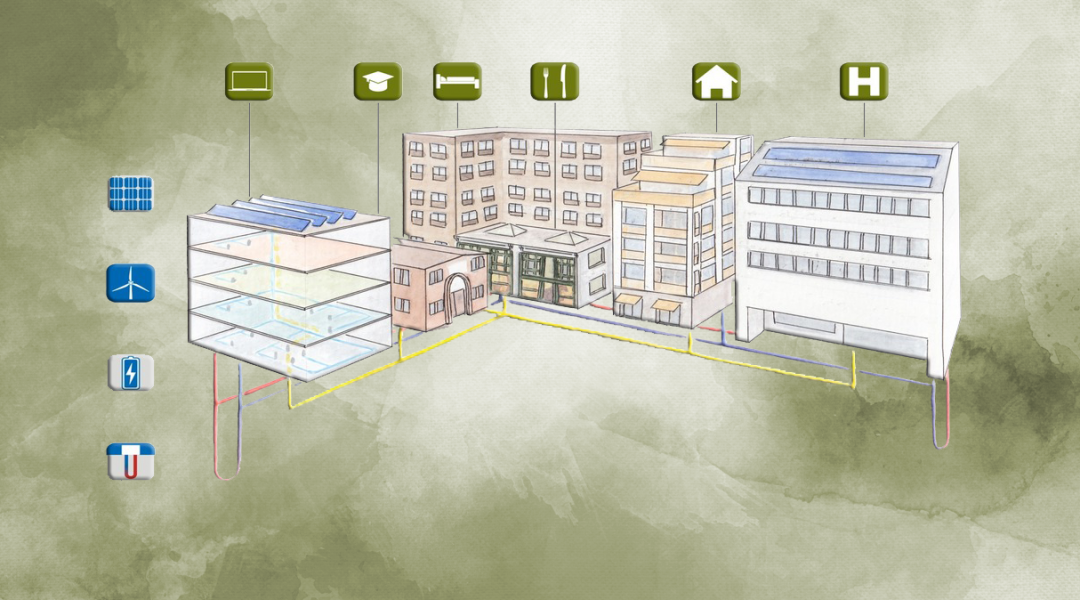The participation of wind power producers in the Balancing Market benefits the power system at both technical and economic levels by increasing the wind energy value to the market and reducing imbalances.


The participation of wind power producers in the Balancing Market benefits the power system at both technical and economic levels by increasing the wind energy value to the market and reducing imbalances.

A review finds that the increasing share of variable power generation calls for a better presentation of operational details in the power system planning models.

Decentralized renewable energy systems are promising options to cope with the challenge of balancing local production and energy consumption.

The effects of following an extensive electrification strategy in Germany until 2030 are analyzed by using the energy system model “ISAaR.”
Using the Danish market conditions as a case study to demonstrate how large-scale expansion of wind energy has a more solid business case if they are active on both day-ahead and real-time power markets at the power exchange.
Solar irrigation pumps have emerged as a promising alternative to conventional diesel and electricity powered pumps.
Insights in biomass fast pyrolysis kinetics: From dominant reaction pathways, necessary pre-treatments, unwanted by-products, and consequently, process optimization and upgrading.

Issues relating to public perception, and strategies that could be implemented to help prevent and mitigate future occurrences, are highlighted.

A comprehensive study of current dynamics, control and automation challenges of electrical power systems in response to the integration of distributed renewable energy resources is presented.

Lignin is a by-product of the Kraft pulping process and is typically burned for energy within the pulp and paper mill plant. Due to energy efficiency measures in Kraft pulp mills, its availability has recently greatly increased. This surplus lignin provides a readily available feedstock for conversion into a phenolic-rich bio-oil via hydrothermal liquefaction (HTL).